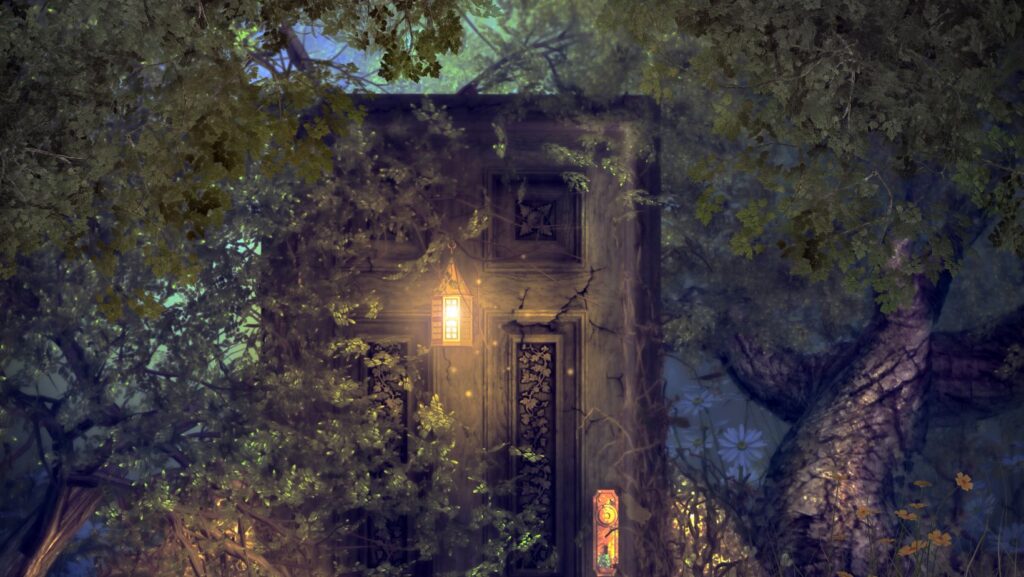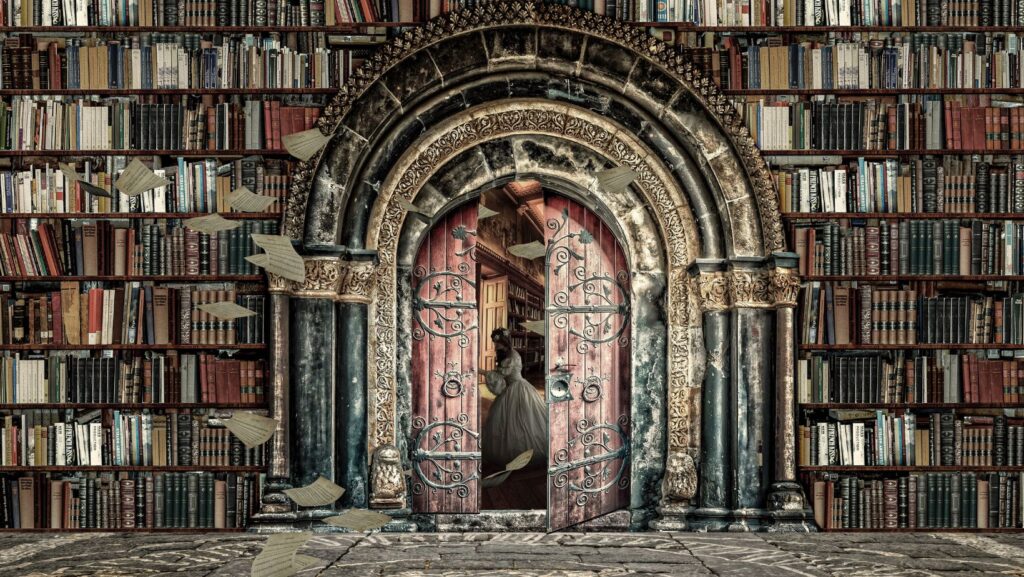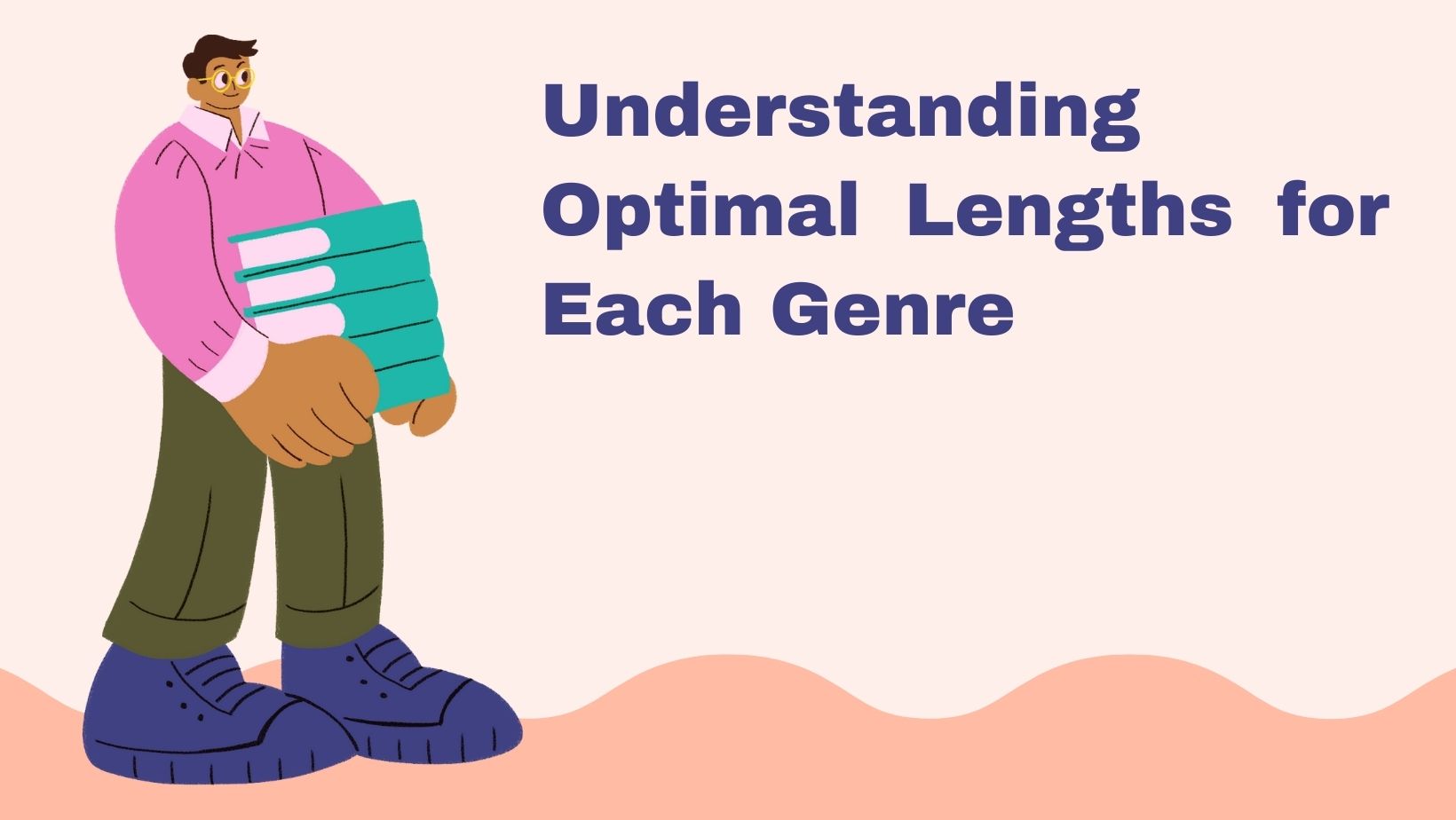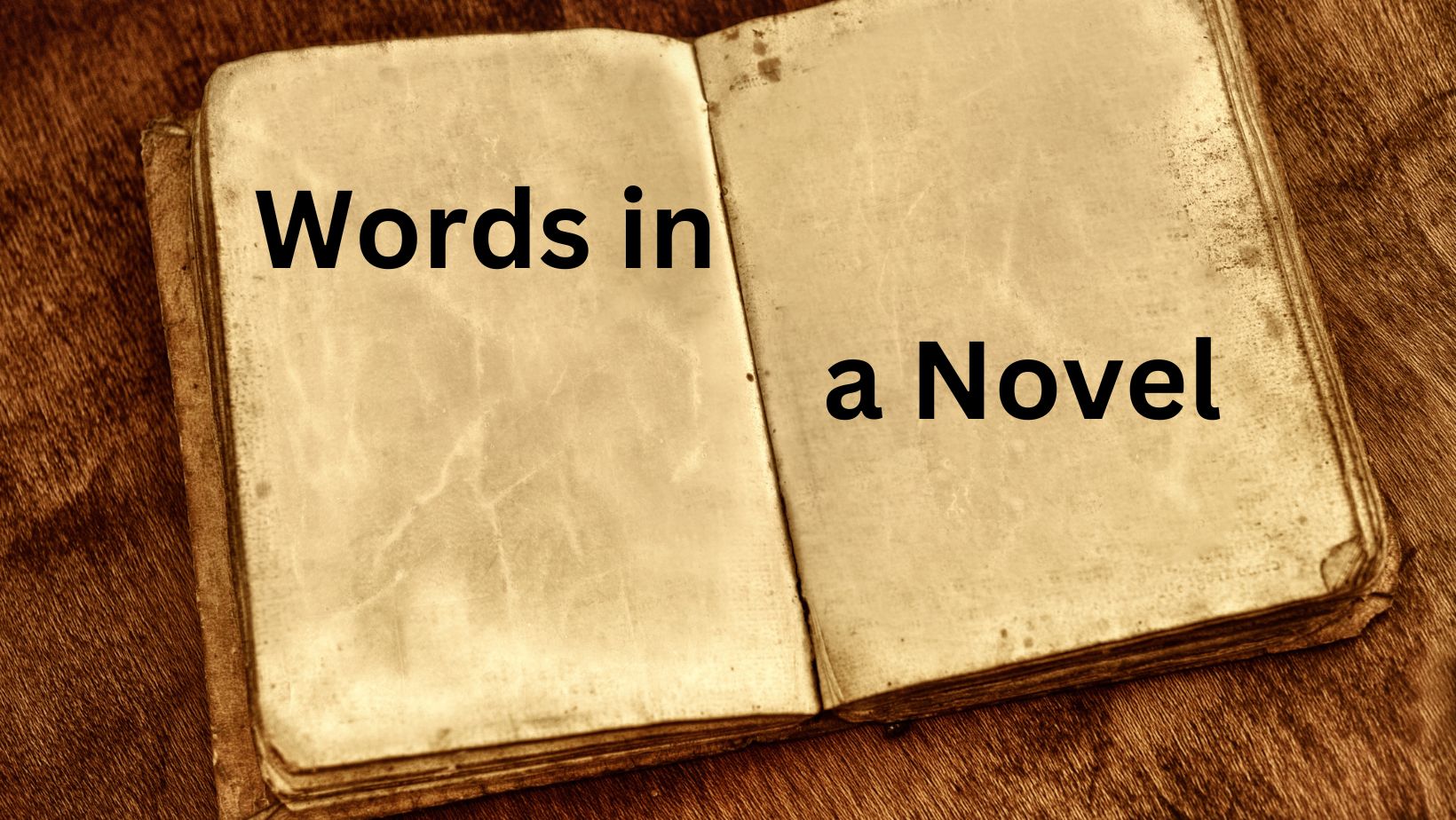The realm of fantasy fiction offers endless possibilities, transporting readers to enchanting worlds, introducing them to heroic characters, and weaving intricate plots. One crucial decision that fantasy writers must make is whether their story falls into the category of high fantasy or low fantasy, two distinct subgenres within speculative fiction. In this blog post, we will delve into the nuances of high or low fantasy, enabling you to determine which subgenre best suits your story.
Table of Contents
Characteristic of High or Low Fantasy

Within the vast landscape of fantasy literature, high fantasy and low fantasy stand out as prominent and contrasting subgenres. High fantasy is characterized by grandiose, epic narratives set in fully realized secondary worlds, complete with complex magic systems and extensive lore. Think of J.R.R. Tolkien’s Middle-earth or George R.R. Martin’s Westeros.
Conversely, low fantasy takes place in a familiar world or setting, featuring protagonists native to that world who encounter mythical or magical elements that challenge their understanding of reality. Examples of low fantasy include the wizarding world of Harry Potter or the adventures of Percy Jackson. Understanding the distinctions between high and low fantasy is crucial to fully appreciating the expansive and imaginative realm of fantasy literature.
Delving into High Fantasy
Magic, Adventure, and Escapism
Step into the realm of high fantasy, and you will find yourself immersed in a universe where magic reigns supreme, offering endless adventures and an escape from reality. Wander through enchanted forests, bear witness to epic battles between forces of good and evil, and embark on the heroic journey you have always dreamed of. High fantasy takes you on a thrilling ride through your imagination, where dragons soar through the skies, wizards weave spells, and mythical beings like elves and dwarves walk among us. In this genre, nothing is ordinary, and each page unfurls a new level of excitement.
Exploring Low Fantasy
Darker Narratives Closer to Reality
Low fantasy is a genre that delves into the darker aspects of reality. In contrast to high fantasy, where the setting often brims with magic and the heroes are larger than life, low fantasy remains closer to our own world. The characters in these stories are flawed and relatable, and their struggles and triumphs mirror our own.
This is what makes low fantasy so captivating—it delves beyond escapism, encouraging us to confront our flaws and fears and find strength within ourselves. It compels us to face the darkness and seek the light within. If you seek an intense and thought-provoking narrative, then low fantasy is the genre to explore.
Choosing a Fantasy Genre
Characters, Plot Structure, and Themes
Selecting a fantasy genre can be a daunting task given the myriad of options available. To make this decision easier, consider the characters, plot structure, and themes of your story. Memorable characters play a pivotal role in captivating fantasy novels, so contemplate the traits you want to see in your heroes and villains.
A well-structured plot will keep readers engaged and ensure that the story stays on track. Lastly, the theme sets the tone for the entire book, making it crucial to choose a genre that aligns with your personal preferences. By carefully considering these factors, you can discover a fantasy genre that will transport you to other worlds and leave you craving more.
Determine Your Ideal Fantasy Type
With a multitude of possibilities, including magical creatures, mystical realms, and complex characters, it is no wonder that many writers are drawn to fantasy. However, determining the best fit for your story can be challenging. One creative exercise involves reflecting on your favorite childhood fantasy stories and analyzing their themes.
Did you adore tales with epic battles and mythical swords, like The Lord of the Rings? Were you captivated by the whimsical magical realism found in Alice’s Adventures in Wonderland? Or did you find solace in darker narratives featuring supernatural creatures such as Dracula? By examining the elements that resonated with you in these stories, you can gain valuable insights into the type of fantasy that aligns with your writing style and personal preferences.
Tips to Write High or Low Fantasy

Writing in both high and low fantasy genres can be a daunting task, even for seasoned authors. One tip for crafting high fantasy is to develop a well-defined, intricate magic system that remains consistent throughout your story. This system can influence the abilities of your characters and ultimately shape the outcome of the plot.
On the other hand, writing low fantasy necessitates a deep understanding of the historical or cultural context from which you draw inspiration. By grounding your story in reality, you can create a more believable world that still allows for the existence of magical or supernatural elements. Whether you choose high or low fantasy, striking a balance between creative imagination and logical consistency is paramount. When accomplished adeptly, your writing will transport readers to entirely new worlds that are both captivating and plausible.
Reading Experiences
Both high or low fantasy offer unique and enjoyable reading experiences, catering to different preferences in storytelling. With their diverse range of plot structures and character possibilities, these two genres have something to offer every reader. Whether you seek a classic tale of noble heroes battling darkness to save the world or an exciting reimagining of reality with a meaningful cause, the possibilities are limitless.
Conclusion
The choice between high or low fantasy for your story largely depends on your narrative objectives, your creative style, and your target audience. Both genres offer rich avenues for storytelling, each with its own unique charms and challenges. High fantasy can whisk readers away to intricate, imaginative worlds, filled with epic quests and sweeping narratives, while low fantasy often presents a captivating blend of the real and the fantastical, resonating with readers through its grounded, relatable elements.
By understanding the distinguishing features and reader expectations of each genre, you can make an informed decision that will best serve your story and engage your readers. Whether your storytelling aligns more with the grandeur of high fantasy or the down-to-earth allure of low fantasy, mastering your chosen genre can enhance your SEO strategy, boost your online visibility, and attract your desired readership. So, dive into the fantastical world of your choosing and let your story unfold.



